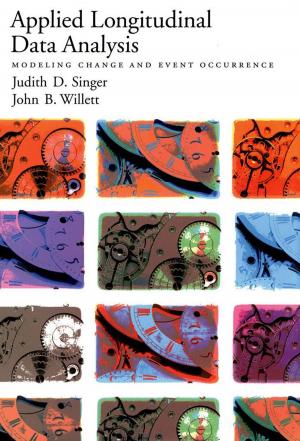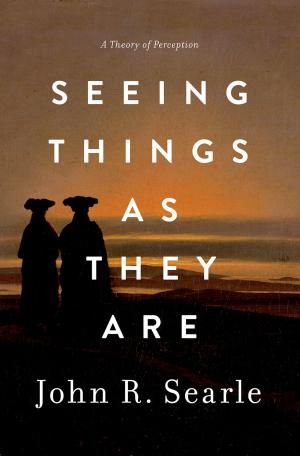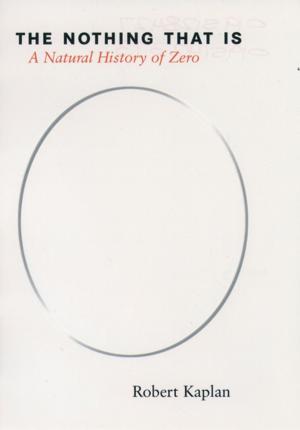Words and the Mind
How Words Capture Human Experience
Nonfiction, Health & Well Being, Psychology, Cognitive Psychology| Author: | ISBN: | 9780190295127 | |
| Publisher: | Oxford University Press | Publication: | March 1, 2010 |
| Imprint: | Oxford University Press | Language: | English |
| Author: | |
| ISBN: | 9780190295127 |
| Publisher: | Oxford University Press |
| Publication: | March 1, 2010 |
| Imprint: | Oxford University Press |
| Language: | English |
The study of word meanings promises important insights into the nature of the human mind by revealing what people find to be most cognitively significant in their experience. However, as we learn more about the semantics of various languages, we are faced with an interesting problem. Different languages seem to be telling us different stories about the mind. For example, important distinctions made in one language are not necessarily made in others. What are we to make of these cross-linguistic differences? How do they arise? Are they created by purely linguistic processes operating over the course of language evolution? Or do they reflect fundamental differences in thought? In this sea of differences, are there any semantic universals? Which categories might be given by the genes, which by culture, and which by language? And what might the cross-linguistic similarities and differences contribute to our understanding of conceptual and linguistic development? The kinds of mapping principles, structures, and processes that link language and non-linguistic knowledge must accommodate not just one language but the rich diversity that has been uncovered. The integration of knowledge and methodologies necessary for real progress in answering these questions has happened only recently, as experimental approaches have been applied to the cross-linguistic study of word meaning. In Words and the Mind, Barbara Malt and Phillip Wolff present evidence from the leading researchers who are carrying out this empirical work on topics as diverse as spatial relations, events, emotion terms, motion events, objects, body-part terms, causation, color categories, and relational categories. By bringing them together, Malt and Wolff highlight some of the most exciting cross-linguistic and cross-cultural work on the language-thought interface, from a broad array of fields including linguistics, anthropology, cognitive and developmental psychology, and cognitive neuropsychology. Their results provide some answers to these questions and new perspectives on the issues surrounding them.
The study of word meanings promises important insights into the nature of the human mind by revealing what people find to be most cognitively significant in their experience. However, as we learn more about the semantics of various languages, we are faced with an interesting problem. Different languages seem to be telling us different stories about the mind. For example, important distinctions made in one language are not necessarily made in others. What are we to make of these cross-linguistic differences? How do they arise? Are they created by purely linguistic processes operating over the course of language evolution? Or do they reflect fundamental differences in thought? In this sea of differences, are there any semantic universals? Which categories might be given by the genes, which by culture, and which by language? And what might the cross-linguistic similarities and differences contribute to our understanding of conceptual and linguistic development? The kinds of mapping principles, structures, and processes that link language and non-linguistic knowledge must accommodate not just one language but the rich diversity that has been uncovered. The integration of knowledge and methodologies necessary for real progress in answering these questions has happened only recently, as experimental approaches have been applied to the cross-linguistic study of word meaning. In Words and the Mind, Barbara Malt and Phillip Wolff present evidence from the leading researchers who are carrying out this empirical work on topics as diverse as spatial relations, events, emotion terms, motion events, objects, body-part terms, causation, color categories, and relational categories. By bringing them together, Malt and Wolff highlight some of the most exciting cross-linguistic and cross-cultural work on the language-thought interface, from a broad array of fields including linguistics, anthropology, cognitive and developmental psychology, and cognitive neuropsychology. Their results provide some answers to these questions and new perspectives on the issues surrounding them.















